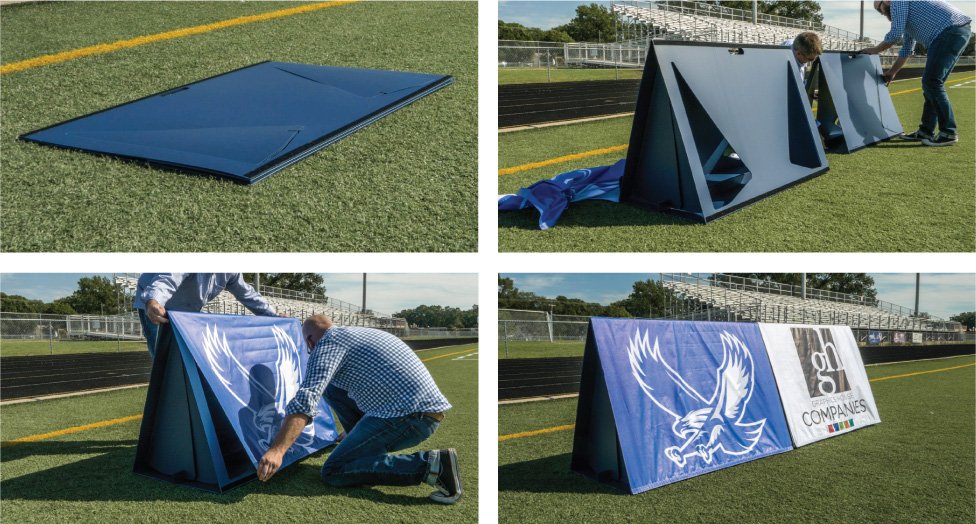A sideline wall refers to a boundary or barrier that runs along the edge of a playing field, stadium, or other areas where space division is required. This term is most commonly used in sports, but it can also apply to construction and event planning.
The Origins of the Term “Sideline Wall”
The phrase “sideline wall” combines two basic concepts: “sideline,” which refers to the boundary lines marking the edge of a sports field or space, and “wall,” a physical or figurative barrier.
Sideline Wall in Sports
Defining Boundaries:
In sports like football, basketball, and soccer, the sideline wall meaning marks the official boundary of the playing area.
- Player Safety: It prevents players from running too far off the field and potentially into crowds or equipment, ensuring a safer playing environment.
- Game Strategies: Players use the sideline wall as part of their strategies, especially in sports like basketball, where the wall helps create pressure and limit an opponent’s movement.
Sideline Wall in Construction and Architecture
In construction, the sideline wall can be a key structural element, often serving as a partition or boundary marker in architectural designs. It may:
- Create Clear Boundaries: Sideline walls in residential or commercial buildings mark property lines or separate different functional spaces within a property.
- Provide Structural Support: In some buildings, sideline walls are load-bearing, adding to the structural integrity of the building.
Figurative Use of “Sideline Wall” in Everyday Language
Beyond its physical meaning, the term “sideline wall” can also be used metaphorically in conversations. For example:
- Setting Boundaries: People might refer to a sideline wall when talking about personal boundaries in relationships or professional settings.
- Obstacle or Limitation: The wall can symbolize an obstacle someone needs to overcome, as in the phrase “hitting a wall” when faced with a challenge.
In pop culture and media, such metaphorical uses of “sideline wall” add depth to discussions about personal growth and limits.
Differences Between Sideline Walls and Other Types of Walls
There are several different types of walls, each serving specific functions:
- Boundary Walls: These are physical walls that mark the outer edges of a property or area.
- Retaining Walls: Used to hold back soil and prevent erosion, retaining walls are common in landscaping and construction.
- Sideline Walls: These serve both functional and sometimes aesthetic purposes, often in sports or public spaces, where they define boundaries and enhance safety.
Each type of wall has distinct characteristics that suit its intended purpose.
Importance of Sideline Wall in Event Planning
Sideline walls are essential in managing large crowds at events like concerts, festivals, or sports games. They help to:
- Control Crowd Flow: Sideline walls create natural barriers that guide attendees and prevent overcrowding.
- Enhance Security: By keeping areas divided, these walls can improve security measures at large-scale events.
- Maximize Space Usage: They allow event planners to optimize space, ensuring that different areas are used efficiently and safely.
At large events, the presence of a well-designed sideline wall is crucial to both logistics and safety.
The Future of Sideline Walls
The future of sideline walls is evolving with technology:
- Smart Walls: In some modern stadiums, walls are now equipped with sensors and digital displays to enhance the viewing experience.
- Virtual Sideline Walls: In the digital age, virtual sideline wall meaning are being explored in augmented reality sports broadcasts, where viewers at home can see game boundaries that don’t physically exist on the field.
As technology advances, the function and design of sideline walls will continue to evolve, becoming smarter and more interactive.
Conclusion
Sideline walls are a versatile concept that applies to various fields, from sports to construction and even event management. Understanding the different uses and meanings of the term can be beneficial, especially for professionals in sports, construction, or event planning.



